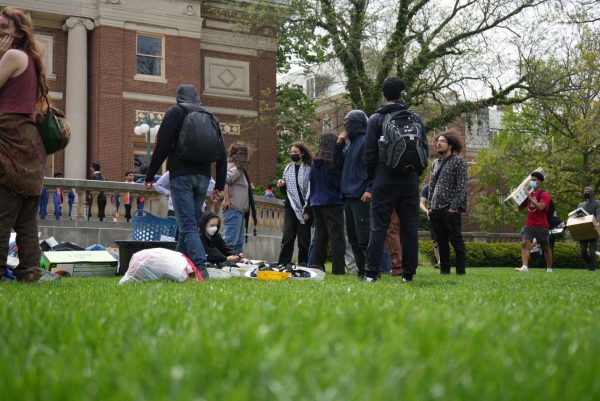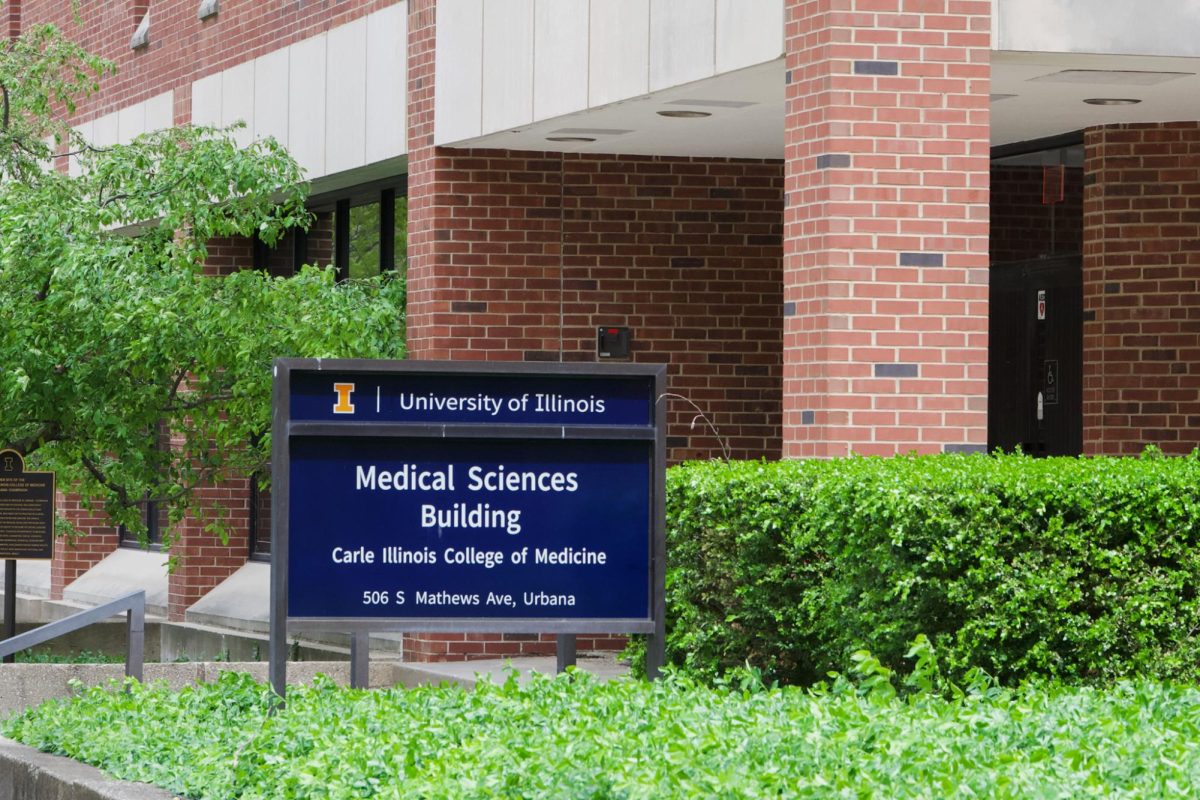Aadeel Akhtar, University alum, appeared on Shark Tank for his company PSYONIC, which is known for its bionic hand, called the Ability Hand.
Akhtar was inspired to develop bionic prosthetics after witnessing a 7-year-old in Pakistan use a tree branch as a prosthetic for a missing leg. PSYONIC’s mission is to provide prosthetics for those in developing nations who can’t afford them.
Akhtar began working on the prototype for what is now known as the Ability Hand while he was completing his master’s degree in electrical and computer engineering at the University. During this time, he was given the opportunity to travel to Ecuador to test his prototype.
This opportunity was made possible through the efforts of the Range of Motion Project, a nonprofit organization that was co-founded by University alum Dave Krupa.
Akhtar tested his prototype on a patient named Juan, who had lost his left hand 35 years earlier due to a landmine explosion. In front of international news stations, he made a pinch with his left hand — for the first time in 35 years — using Akhtar’s product.
Get The Daily Illini in your inbox!
“He said he felt as though a part of him had come back,” Akhtar said. “And that’s when I realized we want everyone to feel the exact same way Juan did. We had to commercialize the technology. And that’s when PSYONIC was born.”
PSYONIC is covered by Medicare, allowing it to expand its access to roughly 75% of patients who otherwise cannot afford advanced prosthetics. The company is working further on making its products accessible to other patients in the U.S. who are not on Medicare or are uninsured.
A primary concern of PSYONIC is making its product accessible to people outside the U.S., especially patients in underdeveloped nations who cannot afford a prosthetic hand. PSYONIC Institute, a subsidiary of the company, works with nonprofits to accept donations to subsidize the cost of prosthetics for people who cannot afford it. This initiative will be launched more broadly later this year, according to Akhtar.
Akhtar appeared on Shark Tank on Feb. 23 and showed off PSYONIC’s Ability Hand. In his pitch to the sharks, he emphasized the unique strengths of his product.
“This is the fastest bionic hand on the market,” Akhtar said. “Its fingers move faster than we can blink our own eyes. It’s the first one to give users touch sensing.”
Retired U.S. Army sergeant and University alum Garrett Anderson also appeared on the show. Anderson had lost his hand in Iraq in 2005 near a roadside bomb.
“He told us he could actually feel his daughter’s hand and touch his daughter’s face with the touch feedback that is in our device,” Akhtar said. “That was something he couldn’t do with any other prosthetic device.”
In a demonstration during the Shark Tank episode, Anderson also showed the durability of the Ability Hand by punching a board and showing the prosthetic afterward, revealing that it was unscathed.
PSYONIC’s bionic hand has applications outside of humans — it’s used by robots, too. NASA’s humanoid robot, named Valkyrie, will be sent into space using PSYONIC’s bionic hand.
“Valkyrie uses our hand and then virtual reality is used to control things you might see it do on the International Space Station,” Akhtar said.
Meta and other humanoid robot companies have also used PSYONIC’s Ability Hand. Akhtar envisions that the exposure from Shark Tank will help his company work toward its mission.
“Now that’s expanded to top manufacturing companies and brain-machine interfaces, as well as car manufacturers and things like that,” Akhtar said. “We’re already wanting to take this and make it bigger and better. So Shark Tank accelerates that and gets us more into the public eye.”
Akhtar’s invention received a $1 million offer on Shark Tank.
“We really want to get this hand to as many people out there as possible,” Akhtar said. “At the same time, we want to really push the boundaries of what we’re doing on the technical side as well.”










